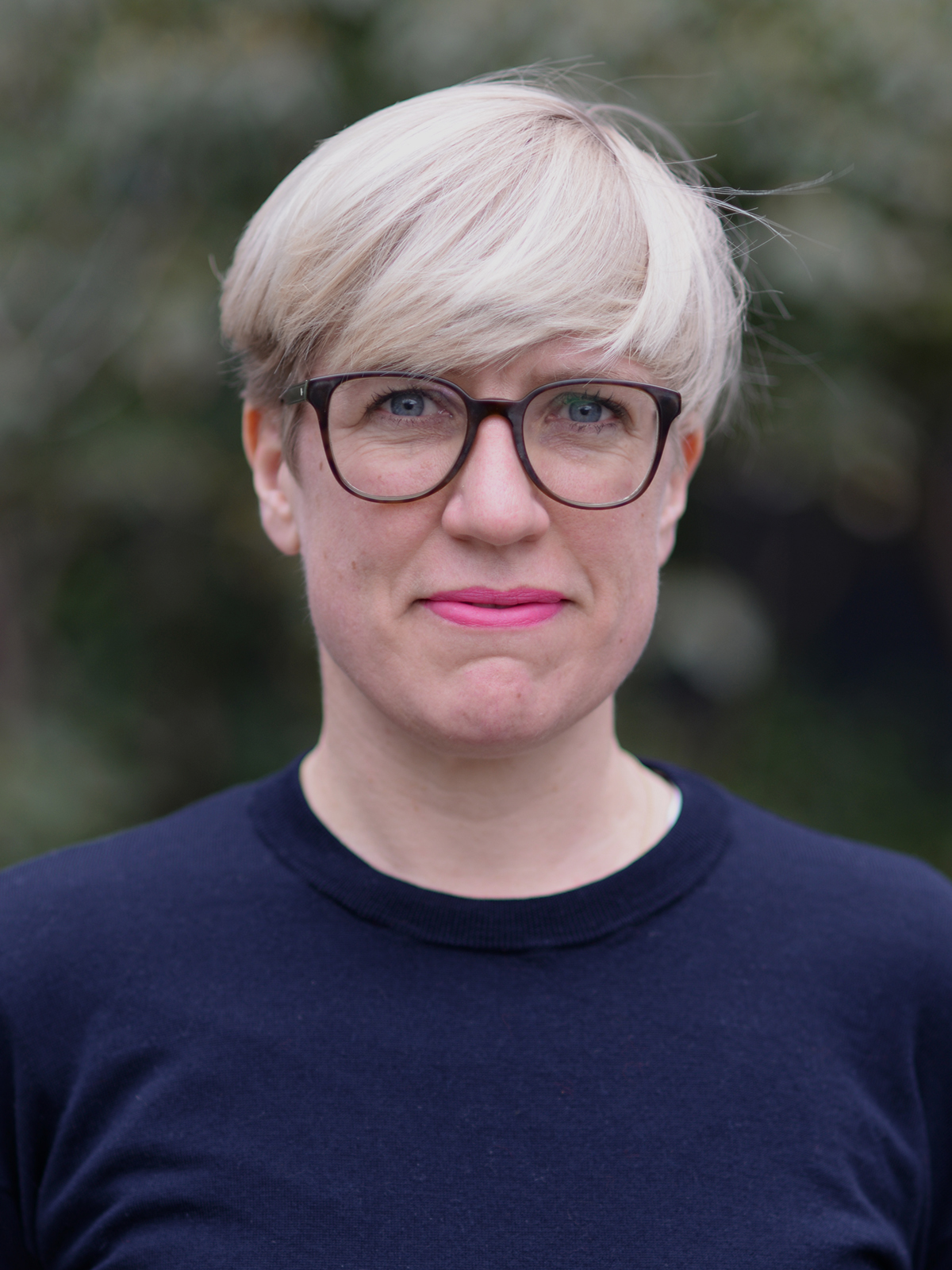Bakgrunn
Vilde Schanke Sundet er forsker ved Institutt for medier og kommunikasjon, UiO og førsteamanuensis ved Institutt for journalistikk og mediefag, OsloMet. Hun forsker på endringer i mediebransjen, mediepolitikk, og publikum/ fans. Sundet er en ekspert på tv.
Sundet er prosjektleder for forskningsprosjektet Unge som innfødte i en global mediekultur (Global natives? Serving young audiences on global media platforms) finansiert av Norges forskningsråd (2021-2025). Prosjektet studerer ungdoms bruk av underholdningsmedier og hva medieprodusenter og mediepolitiske aktører gjør for å (for-)bli relevante for en ny mediegenerasjon.
Sundet har publisert i flere internasjonale tidsskrifter og er forfatter av boka Television Drama in the Age of Streaming (2021) og medforfatter av boka TV - en innføring (2010).
Fra 2010-2014 jobbet Sundet som sekretær i Mediestøtteutvalget og rådgiver og seniorrådgiver i Kulturdepartementet. Sundet er i dag nestleder av Kringkastingsrådet.
Akademisk bakgrunn
- 2023-dd: Førsteamanuensis i medievitenskap, OsloMet
- 2021-dd: Forsker ved IMK, UiO (Global natives-prosjektet)
- 2019-2021: Forsker ved IMK, UiO (STREAM-prosjektet)
- 2019-2020: Gjesteforsker ved Institutt for samfunnsforskning (DISC-prosjektet)
- 2018-2019: Forsker ved Høyskolen i Innlandet (DISC-prosjektet)
- 2014-2017: Postdoktor ved Høyskolen i Innlandet (SIFTI-prosjektet)
- 2012: PhD i medievitenskap, UiO (PaP-prosjektet)
- 2005-2006: Vitenskapelig assistent, IMK, UiO
- 2004: Cand. polit i medievitenskap
Faglige interesser
Allmennkringkasting, Fans, Globale plattformer, Kreative industrier, Medieendring, Mediepolitikk, Medieproduksjon, Nettdrama, Publikum, Strømming, TV, Underholdning, Ungdomskultur
Utenlandsopphold
- Høsten 2021: Gjesteforsker ved Institut for Kommunikation, Københavns Universitet.
- Høsten 2017: Gjesteforsker ved Institut for Kommunikation og Kultur, Aarhus Universitet.
- Våren 2003: Gjesteforsker ved Annenberg Center for Communication, University of Southern California, LA.
Verv
- 2022-dd: Nestleder i Kringkastingsrådet
- 2022-dd: Nestleder i ECREAs Media Industries and Cultural Productions seksjon
- 2021-dd: Redaksjonsmedlem i tidsskriftet Critical Studies in Television (CST)
- 2022-2023: Redaktør for Television Audience and Reception Studies i Routledge Resources Online: Screen Studies2020-2023: Rådgiver for mediefestivalen THIS
- 2017-2022: Medlem av Fagutvalget for medieforskning (tidligere Rådet for anvendt medieforskning, RAM)
- 2020: Medlem av instituttstyre ved IMK (representant for midlertidige)
- 2013-2016: Redaksjonsmedlem i Norsk medietidsskrift (NMT)
